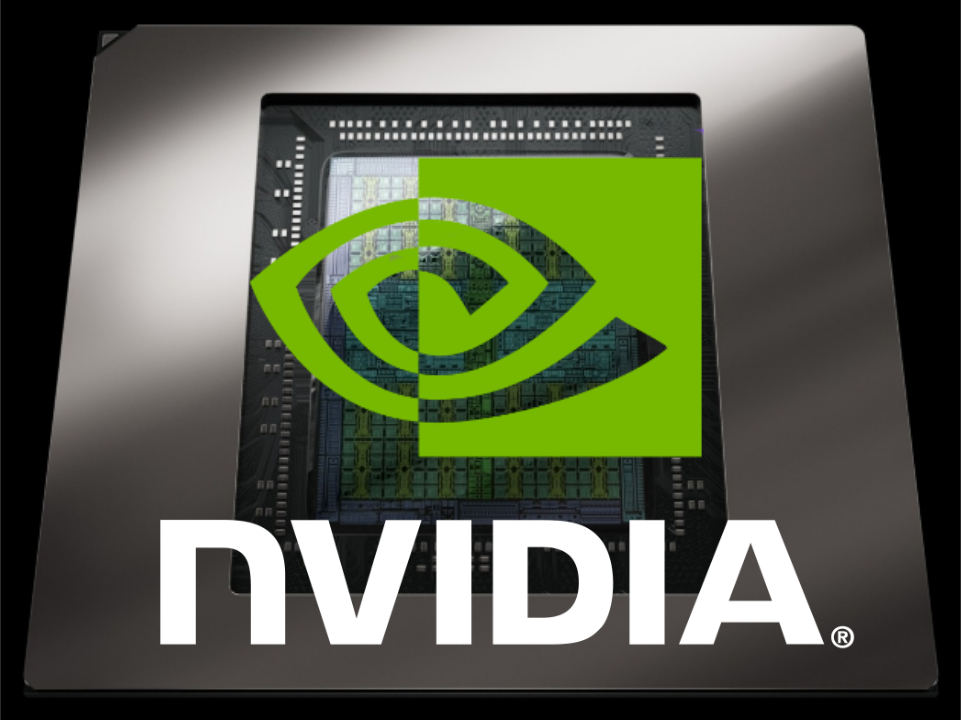Nvidia has clarified why some GeForce RTX 5090 graphics cards have been reaching consumers with worse performance than advertised. While the problem should only be present in fewer than 1% of cards, it has also hit the GeForce RTX 5090D and GeForce RTX 5070 Ti.
Earlier this week, various sources stumbled upon evidence that some GeForce RTX 5090 graphics cards have been shipping with fewer Raster Output Pipeline (ROPs) than advertised. As we discussed at the time, ROPs are used by the GeForce RTX 5090 and other Nvidia graphics cards for anti-aliasing, among other GPU-critical tasks.
According to GPU-Z, affected GeForce RTX 5090 units were presenting as having 168 ROPs, 8 fewer than the card’s reference spec. While this represents a 4.5% reduction, TechPowerUp observed over 5% performance losses when benchmarking an affected card compared to those that reported having 176 ROPs.
Initially, it seemed only a particular Zotac was affected. However, Nvidia has now clarified that the issue is board partner agnostic. On top of that, the problem extends to the GeForce RTX 5070 Ti too, as well as the GeForce RTX 5090D only sold in China, but not the GeForce RTX 5080 (curr. $2,299.99 on Amazon).
Allegedly, only 0.5% of GeForce RTX 5070 Ti, GeForce RTX 5090D and GeForce RTX 5090 units have shipped with fewer ROPs than they should have. While Nvidia now claims to have resolved the ‘production anomaly’, there is every chance that affected cards will continue to enter circulation from retailers for some time. As it stands, Nvidia’s advice for consumers that have received a sub-standard card is to ‘contact the board manufacturer for a replacement’. Nvidia’s full statement is as follows:
We have identified a rare issue affecting less than 0.5% (half a percent) of GeForce RTX 5090 / 5090D and 5070 Ti GPUs which have one fewer ROP than specified. The average graphical performance impact is 4%, with no impact on AI and Compute workloads. Affected consumers can contact the board manufacturer for a replacement. The production anomaly has been corrected.

